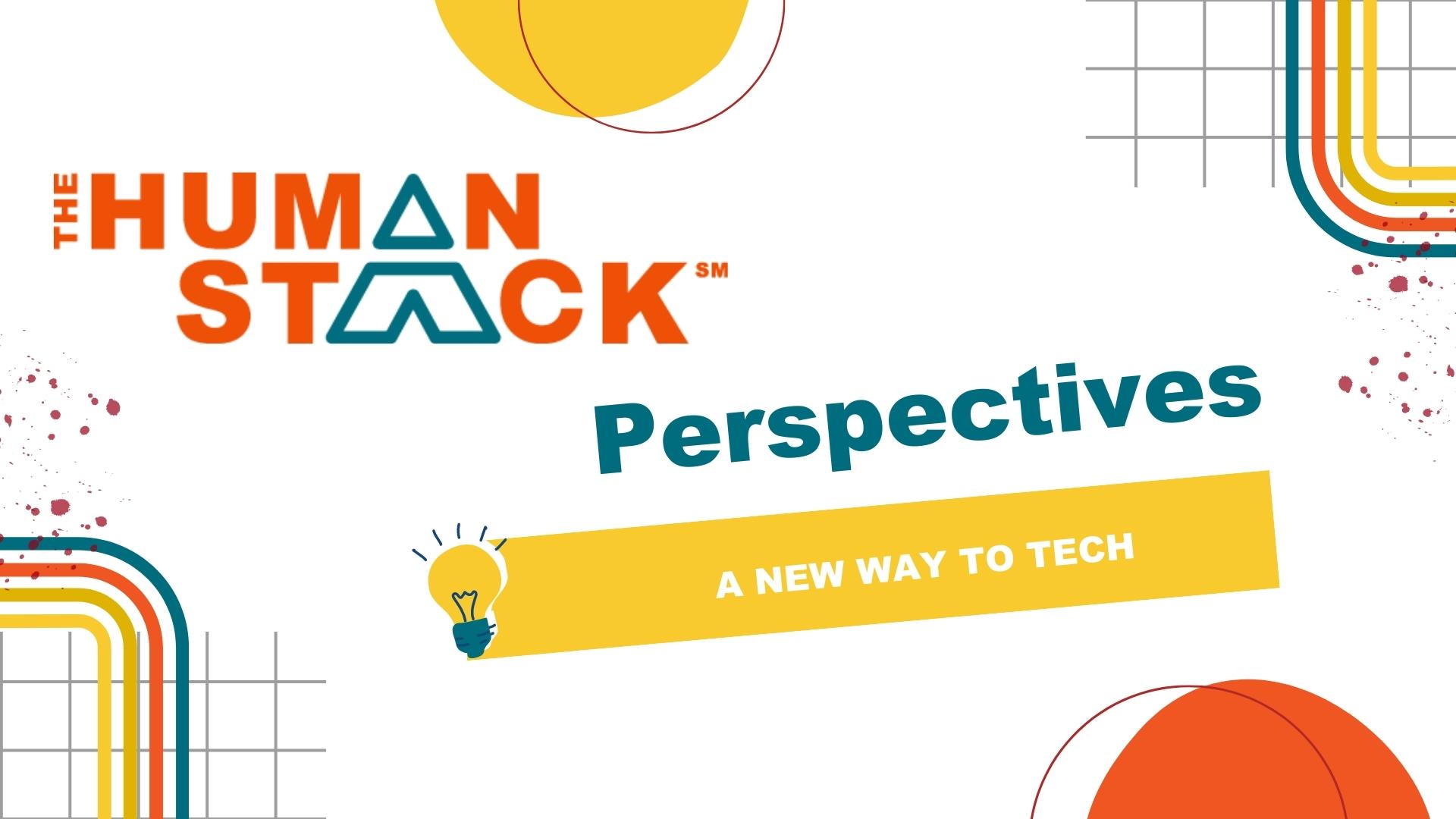4 min read
Why Your Organization’s Politics are a Precursor to Progress and CRM Implementation Success
 Tim Lockie
:
June 22, 2021
Tim Lockie
:
June 22, 2021
Big or small, no matter the mission, no organization is immune from them. And despite the many efforts to stem them — or worse, sweep them under the rug — they remain office politics.
Between departmental siloes, poor user adoption, and a disjointed staff, office politics can blockade achieving your mission. Unless, of course, it’s the opposite.
No, politics isn’t the dirty word you think it is. Rather, your organizational politics could be a harbinger of progress and positive change — if only you let them. By confronting your organization’s politics, you could see widespread user adoption and improve your operations. Not to mention the long-lasting change you’ve always looked to technology to solve.
You see, when you write off internal organizational hurdles as office politics, you miss the potential for a transformation that new technology can’t create. If you rely on a CRM implementation to help solve your organization’s issues, sweeping your politics under the rug only ends in multiple change orders or repeated pain points.
The truth is, office politics are a symptom of larger issues that need attention and treatment.
To experience enduring change within your operations, embrace the 8-letter dirty word.
Bad Habits Can Perpetuate Your Organization’s Politics and Hurt Your CRM Implementation
Actions have consequences — especially when you’re a nonprofit leader. And unfortunately, what you may not realize is that some of your actions (or inactions) could be influencing the nature of your organization’s politics. This has real effects that play out in everything from your staff’s satisfaction at work to your CRM implementation.
You see, in some way or another, how you think about your workplace’s politics is inadvertently broadcasted to your CRM implementation partner throughout the project. And as a result, your words and actions inform their decisions around how you operate. Are they getting the full picture? Likely not.
And that’s a problem because the typical result is multiple change orders to get it all right or recreating the same pain points. After all, they were never uncovered in the first place.
So, how do you if you’re projecting your organization’s politics? Here are some actions to watch out for.
- Talking negatively about your internal operations with people outside of your organization. How do you talk about your organization’s operations externally? If you vent or air dirty laundry, consider what kind of perception this creates and how it affects your actions at work.
- Dismissing “politics” as a dirty word. No one likes being uncomfortable. But ignoring that your organization indeed has politics doesn’t help anyone. Treating politics as a bad word perpetuates denial and postpones progress. Your implementation partner has no choice but to take you at your and your staff’s word, which could leave a lot of potential for positive change on the table.
- Engaging in organizational politics. It happens; you’re human. Maybe you’ve shut certain people out or over-represent other’s ideas. Perhaps you’ve pushed staff members to learn something they weren’t ready to yet, like a new CRM system. Whatever the case may be, your implementation partner will notice. And their decisions may be based on what they observe. For example, if you don't involve your financial team until late in the project, your implementation partner may make some decisions that your financial team would disapprove of. This may cause a disruption in the completion of the project, or for your project to go over budget.
- Expect your implementation partner to fix your organizational operations. Your implementation partner isn’t equipped to handle righting your organizational operations’ woes. So why expect them to? Oftentimes, implementation partners are heavily leaned on to identify issues that they have no control over.
When it Comes to Addressing Organizational Politics, Start With Stopping
Going into a CRM implementation, staying on budget is key. So it’s in your best interest to keep change orders to a minimum.
In the end, you want a successful CRM implementation that reboots your organization. Is that too much to ask?
The truth is, you have control over all of this. But only if you’re willing to look at the politics inside your organization first and not shy away. Then, you need to create and execute a framework for addressing what you find. And it all starts with stopping.
- Stop thinking of politics as a detriment and start thinking of it as an asset. Your staff is there because they believe in the work you do, so they will be more motivated to make things work. Presenting opportunities for change will only motivate your staff to buy in.
- Stop thinking of politics as unique to your organization. It’s nothing to be ashamed about. All organizations have politics. And because all CRM implementations press on how people engage with each other, politics are bound to surface.
- Stop trying to avoid your politics and pain points. Your challenges aren’t going to disappear. So it’s not a question of how you can avoid them. Rather, it's a question of how you address them head-on and use politics to your advantage.
Politics will slow down, inflate, or otherwise put a drag on a CRM implementation for the wrong reason. What you need to do is turn that into slowing it down for the right reason. And the right reason is to create a framework for your organization’s politics to be analyzed.
Flip Your Organization’s Politics Into a Productive Framework for Change
As a leader, you are in a unique position to create a landing zone for surfacing issues and finding a solution. Your task? Create a process by which your staff’s unspoken (or unheard) frustrations, questions, and feedback can be aired and remediated healthily.
So instead of shutting down or shying away from your organizational politics, approach things with an eye toward the future. Approach every challenge, hard conversation, and critical piece of feedback as a chance to make things better.
And don’t think you’re off the hook talking one-on-one. When you invite transparency into a shared space, you can hold feedback from some staff members against the thoughts of others. Just imagine the dialogue you could facilitate. Maybe you find you can solve a long-standing issue before a change order is ever necessary.
In the end, by confronting your office politics, you’re creating space for innovation through feedback and transparency.
Many people believe technology is the only driver of innovation. But the real innovation is changing how your organization operates around your CRM technology to better account for the reasons why politics traps progress in the first place.
If you never lean into your organization’s politics, you may never learn how you can break through — and transform.





